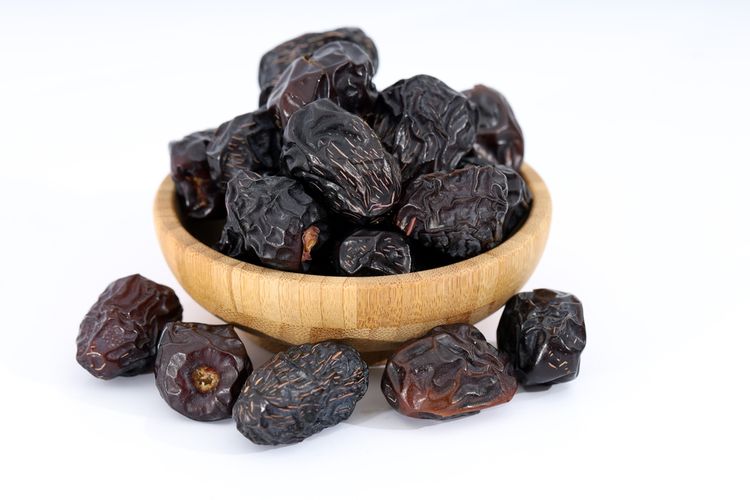
Seasonal Variations in Dates Fruit’s Supply and Demand
Introduction: The Role of Kedai Kurma and Seasonal Fluctuations
Kedai kurma, or dates fruit shops, play a vital role in the dates fruit industry as suppliers and wholesalers. However, they face unique challenges due to the seasonal nature of dates production and the resultant variations in supply and demand. In this blog post, we will explore the strategies employed by dates fruit suppliers and wholesalers to effectively address these seasonal fluctuations. By implementing efficient inventory management, optimizing sourcing practices, utilizing marketing techniques, and fostering collaboration, suppliers and wholesalers can navigate the challenges and meet the demand for dates fruit throughout the year.
1. Inventory Management: Balancing Supply and Demand
Forecasting and Planning: Dates fruit suppliers and wholesalers use forecasting techniques to estimate future demand based on historical data and market trends. This enables them to plan their inventory levels accordingly, ensuring an adequate supply of dates fruit during peak demand periods while minimizing excess inventory during slower seasons.
Storage and Preservation: To address seasonal fluctuations, suppliers and wholesalers invest in proper storage facilities and preservation methods. Dates fruit can be dried, frozen, or processed into various products to extend their shelf life and maintain quality throughout the year.
2. Sourcing Practices: Diversification and Global Partnerships
Diverse Sourcing Channels: Suppliers and wholesalers mitigate the impact of seasonal variations by diversifying their sourcing channels. They establish relationships with multiple dates growers and farmers across different regions, ensuring a continuous supply of dates fruit even when certain areas experience seasonal limitations.
Global Partnerships: To further address seasonal variations, dates fruit suppliers and wholesalers establish global partnerships. By sourcing dates from different countries and regions with varying growing seasons, they can balance the supply and meet the demand throughout the year, reducing the reliance on a single geographic location.
3. Marketing Techniques: Promoting Year-Round Consumption
Educational Campaigns: Suppliers and wholesalers engage in educational campaigns to raise awareness about the nutritional value and versatility of dates fruit. By highlighting the various ways dates can be incorporated into everyday meals and snacks, they encourage year-round consumption, reducing the dependence on seasonal demand spikes.
Product Innovation: Introducing innovative dates-based products and recipes can also help address seasonal fluctuations. Suppliers and wholesalers develop new date-based snacks, beverages, and ingredients that appeal to consumers’ changing preferences and encourage consumption beyond specific seasons and occasions.
Conclusion
Addressing seasonal variations in supply and demand is a crucial aspect of the dates fruit industry, and kedai kurma play a significant role in managing this challenge. By implementing effective inventory management techniques, diversifying sourcing practices, utilizing marketing strategies, and fostering collaboration, dates fruit suppliers and wholesalers can ensure a consistent supply of dates throughout the year. These strategies allow them to meet consumer demand, reduce waste, and sustain the growth of the dates fruit market. Embracing innovation, global partnerships, and consumer education are key to successfully navigating the seasonal fluctuations and maintaining a thriving dates fruit industry.
Key Highlights
- Kedai kurma face challenges due to seasonal variations in the dates fruit industry.
- Efficient inventory management helps balance supply and demand.
- Diversifying sourcing channels and establishing global partnerships mitigate the impact of seasonal fluctuations.
- Marketing techniques promote year-round consumption of dates fruit.